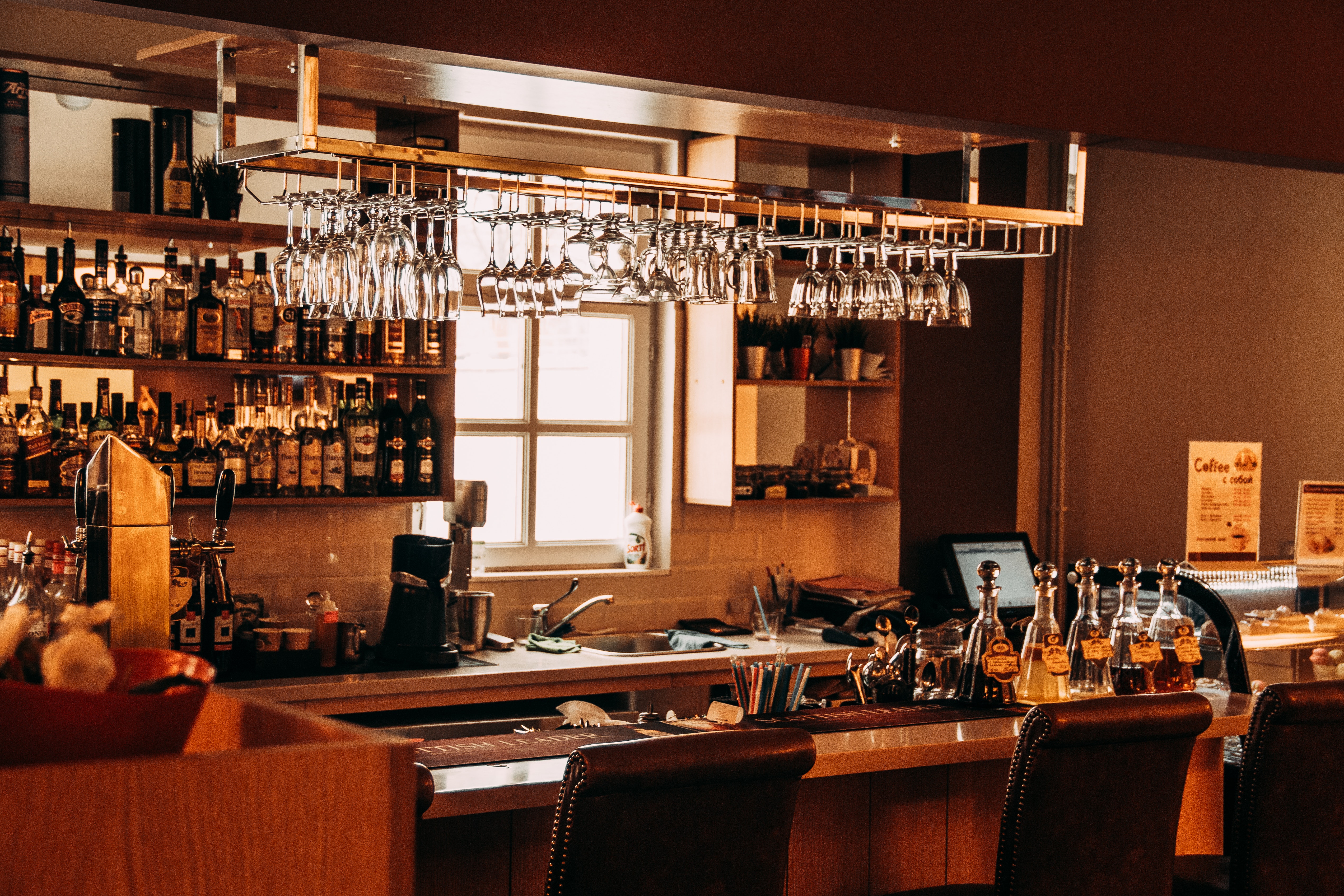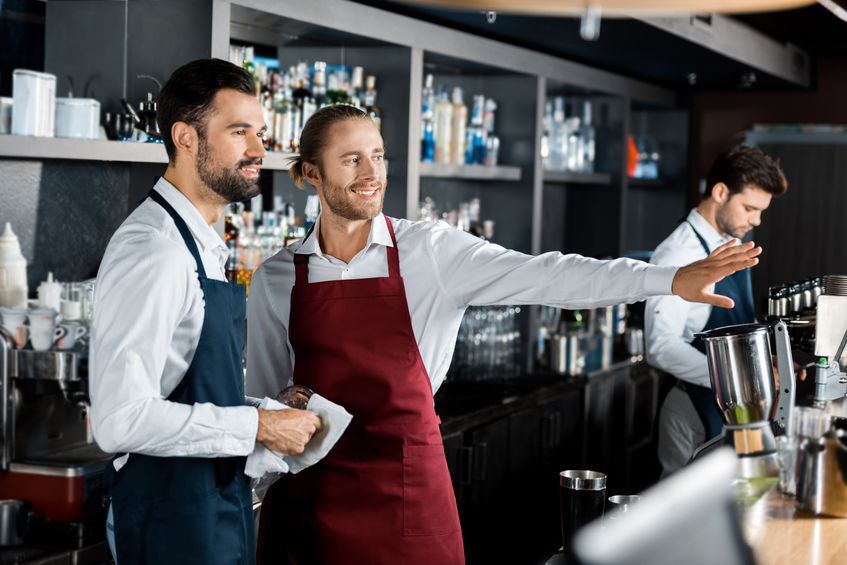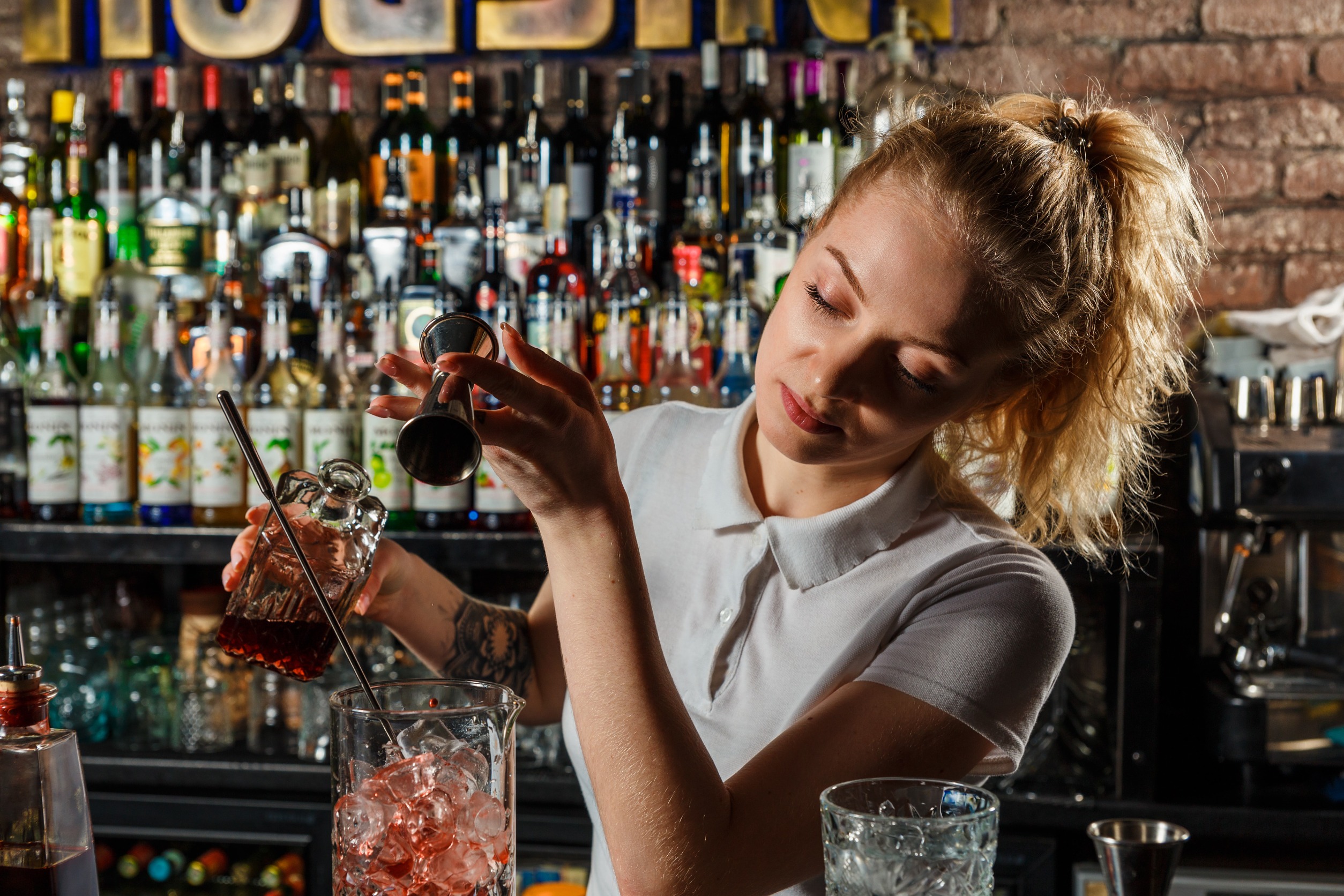What business establishments are eligible to deliver alcoholic beverages?
Licensed alcohol retailers are eligible to deliver unopened alcoholic beverages in the original container sealed by the manufacturer, except where prohibited by local ordinance or resolution. A licensed alcohol retailer that delivers alcoholic beverages is not required to obtain an additional license or permit from the Department of Revenue.
Mixed drinks or cocktails are not permitted to be delivered, unless the mixed drink or cocktail is in the original can, bottle or other container sealed by the manufacturer. Below is a list of retailers and the types of alcoholic beverages that can be sold for delivery:
- Grocery Stores, Gas Stations/Convenience Stores:
- Beer
- Wine
- Retail Package Stores:
- Beer
- Wine
- Distilled Spirits
- Restaurants, Brewpubs, Bars, and other consumption-on-premises retail alcohol licensees:
- Beer
- Wine
- Grocery Stores, Gas Stations/Convenience Stores:
Can beer, wine and distilled spirits be sold for delivery anytime during the day or night?
Alcoholic beverages can only be sold for delivery on a day and time when the sale of package beer, wine or distilled spirits is permitted by local jurisdictional law. Additionally, all deliveries must be completed on the same day of the sale and the same day the alcoholic beverages leave the licensed premises of the retailer.Am I eligible to deliver alcoholic beverages?
To deliver alcoholic beverages for a retail licensee, you must be either:
- An employee of the alcohol retail licensee; or
- A third-party service (or its employee) that has a contractual relationship with the alcohol retail licensee.
Are there any additional requirements for delivery drivers?
Yes, all delivery drivers must meet the following requirements:
- 21 years of age or older
- Valid Georgia driver’s license
- Criminal background investigation completed within the last 12 months (local, national and motor vehicle driving record) with:
- No more than 3 moving violations in the past 3 year
- No major traffic violations within the last 3 years as defined by O.C.G.A. §40-5-142
- No convictions within the past 7 years for driving under the influence of drugs/alcohol
- No convictions of fraud, sex offense, or use of a motor vehicle to commit a felony crime involving property damage, theft, violence or act of terror
- No inclusion as a match on the National Sex Offender Registry data base
- Complete a mandatory delivery training course approved by the Department of Revenue and pass an examination upon completion of the course. Please visit Alcoholic Beverage Delivery Training Curriculum for detailed information.
- Keep a copy of the training certification and retail licensee’s employment contract (or third-party services contract with the retailer) in the vehicle at all times. In the alternative, such documents may be stored in an accessible electronic format via cellular phone or other electronic device.
- Delivery drivers are not required to obtain a license or permit from the Department of Revenue. However, a retail licensee may provide the delivery driver or third-party service with a type of delivery certification card or similar document.
How long is the training certification valid?
Training certification is valid for 2 years. Upon expiration, all delivery drivers will be required to retake the training course to renew certification.Delivery drivers are required to comply with the following laws:
- Drivers shall only deliver beer, wine or distilled spirits in an original unbroken container that was sealed by the manufacturer.
- Alcoholic beverages must be delivered on the same calendar day the alcoholic beverages leave the licensed premises of the retailer for delivery.
- Alcoholic beverages shall be transported in a vehicle for delivery within the local licensing jurisdiction of the packaged goods retailer.
- The local licensing jurisdiction is the city or county that issued the local alcoholic beverage license to the retail business.
- Alcoholic beverages shall not be commingled or transported in a vehicle containing products or goods traveling outside the state of Georgia.
- Alcoholic beverages must remain in the possession of the delivery driver and cannot be transferred to another driver or any other person.
- Delivery of alcoholic beverages is only for the consumer’s personal use and cannot be delivered to:
- Schools, including dormitories, housing or common space located at a school or campus
- Prison, reformatories, or other correctional facilities
- Any locker mailbox, package shipping location or storage facility business
- Any other retailer
- Alcoholic beverages shall be delivered to a person at the address specified in the purchase order and cannot be placed on the curbside, driveway, door stoop, porch, etc.
- Alcoholic beverages shall only be delivered to a person who:
- Is 21 years of age or older
- Presents proper identification verifying age (driver’s license, passport, Georgia identification card or military identification)
- Provides a signature that matches such identification
- Is not noticeably intoxicated
- Delivery drivers should not receive any compensation from the purchaser for the sale or delivery of alcoholic beverages.
- Delivery drivers shall allow the purchaser to inspect the delivered alcoholic beverages at the time of delivery. All sales of alcoholic beverages are final.
- Violations of delivery laws can result in a fine for the delivery driver, retail licensee or both. Local governing authorities that issue alcohol retail licenses may impose additional penalties and criminal penalties otherwise prescribed by law may apply.
If the delivery driver is unable to complete the delivery because the person accepting the delivery is not 21 years of age or older, or presents a fake identification card, or is noticeably intoxicated, what are the next steps for the delivery driver?
The delivery driver should cancel the delivery and return the alcoholic beverages to the retailer on the same day, prior to the close of business. Delivery drivers should familiarize themselves with the retail licensee’s or third-party service’s procedures for delivery refusal and/or delivery cancellation.Alcohol retail licensees that deliver alcoholic beverages are required to:
- Allow purchasers of alcohol for delivery to establish an account maintained by the alcohol retail licensee.
- Deliver alcoholic beverages on the same calendar day that alcoholic beverages are sold and leave the licensed premises.
- Maintain control and responsibility of the sale of alcoholic beverages, which includes receiving payment from the purchaser and appearing as the merchant of record at all times. If a licensee uses third-party applications or vendor ordering platforms, these services are prohibited from up-charging the alcoholic beverages sold by the licensee.
- Process all payments for the sale and delivery of alcoholic beverages prior to the alcoholic beverages leaving the premises of the retailer.
- Deliver only alcoholic beverages that are currently in the retailer’s inventory. Likewise, retailers shall not obtain products from any other source, retailers or other licensed premises.
Are alcohol retail licensees required to maintain any additional records?
Retailers should keep the following records of employees and third-party services that deliver alcoholic beverages:
- Criminal background investigation report
- List of employees and contractual agreements of third party services delivering alcoholic beverages
- Employees’ training course certifications
- A record of the individual’s name and date of birth who accepted delivery of the alcoholic beverages for a 3 year retention period. Such records shall be provided to special agents or enforcement officers upon request.
Are retail licensees responsible for the actions of employees or third-party services that deliver alcoholic beverages?
Licensees are ultimately responsible for the delivery of alcoholic products from their licensed premises, including deliveries by third party services and employees of the retailer. Illegal alcohol deliveries committed by an employee or a third party are deemed to be an act taken by the retailer.
For example, if a third-party service delivers an alcoholic beverage to a customer of the retailer and the alcoholic beverage is delivered to an individual that is not 21 years of age or older, the third-party service and the retail licensee could both be subject to fines and other penalties.
What can the Department of Revenue inspect with regards to the delivery of alcoholic beverages?
For the purposes of determining violations of law and/or securing evidence as may be needed for an administrative proceeding (and in addition to provisions in O.C.G.A §3-2-30), special agents or enforcement officers of the Department of Revenue can inspect the following:
- The customer accounts established by the alcohol retail licensee
- Any vehicle transporting alcoholic beverages for delivery
Who can be held responsible for a violation of alcoholic beverage delivery laws and what are the consequences?
Georgia ANAB-Accredited Food Handler Training
The LIQUORexam.com Georgia food handler training is ANAB-accredited and endorsed statewide. This Food Handler training is your gateway to meeting the state's food safety requirements with ease. This fo...






